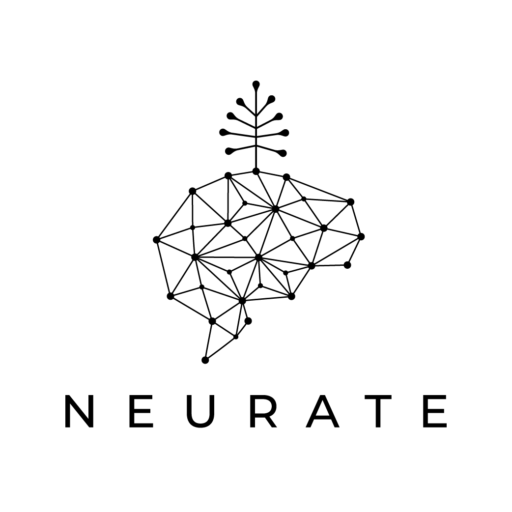Once upon a time, the Devil decided to hold a sale for the tools of his wicked trade. He carefully presented and priced his weaponry of Jealousy, Hate, Anger, Revenge, Bitterness, Fear, and so on. However, the tool that had the highest price was the smallest and the most unimpressive. It was Discouragement. When the Devil was asked why Discouragement was the most expensive, he replied that there was nothing as deadly as Discouragement since it can open the door to all others… – Based on a story from Margaret Parking
Institutions rarely create leaders. Thus, employees more often than not do the minimum that is required of them and deliver outstanding work results if they receive extra support from their superiors. Hence, it is generally thought that leaders should motivate their teams. Paradoxically, companies rely on employees’ ability to take initiative, but on the other hand, advertisements rely on the ability of people to be influenced by external motivators. As a society, we are still not sure whether we want to build people who are followers or the ones who are leaders.
While external support and motivation can and do play important roles in our performance, the key is to build tools to independently keep ourselves fired up. As motivation is largely an unconscious and an emotional drive, relying on purely rational steps to stay engaged falls short.
Having a strong will operates mainly via self-control and suppressing and disengaging from what we truly feel and want. The strategy of pushing against parts of ourselves in order to achieve an externally suggested goal relies on the pressure from our parental part. A mechanism operated via the conscious and rational mind lacks a connection to our vast and extended pool of inner resources and life experiences. The modus operandi of the limited logical mind serves to evaluate things rigidly and narrowly.
“Sending positive thoughts” is often a superficial mechanism generated by the more childlike impulsive part of ourselves to equally avoid meaningful contact with our deeper needs and motivations. Forcing happiness does not work, since a relaxed state of mind is a prerequisite to engage the resourceful Self. Similarly, we cannot order ourselves to fall asleep, but rather we sink into it by letting go.
Motivation needs to be sensed on a deeper emotional level and connected to personal values. Since society does not teach us to access our personal intelligence by suppressing individual expression early on, we have to learn it by ourselves. Specific skills we can practice in our day-to-day lives:
Feeling into our successes – not just a rational acknowledgment, but creating an emotionally rewarding experience that sinks into our entire system.
Finding at least three options – the rational mind can only evaluate two options. Generating more than two choices automatically accesses our personal intelligence. We can do this in retrospect – to try to see what we could have done differently during the day, or we can anticipate different ways of responding for tomorrow.
Noticing where we allot resources – becoming aware of where we spend most of our money, time, thoughts and emotions, what is in our physical space, our social media feeds, and who are our friends. Our preferences and values are revealed in where we spontaneously dedicate our energy. This holds clues to what is important to us.
Finding the good in the bad and vice versa – to counteract the over activity of the black-and-white rational mind, to train perceiving the downsides of a good situation, and finding the positive aspects activates the Self. It prevents one-sided optimism or pessimism and trains access to personal intelligence.
Courage comes from the Latin cor, meaning heart. Thus, it surges from our emotional body. Sustained motivation and perseverance come from strengthening access to our personal intelligence that relies on a vast parallel network of experiences, desires, values, deeper emotions, and true needs.
References:
“Die Kunst der Selbstmotivierung: Neue Erkenntnisse der Motivationsforschung praktisch nutzen” by Jens-Uwe Martens and Julius Kuhl

